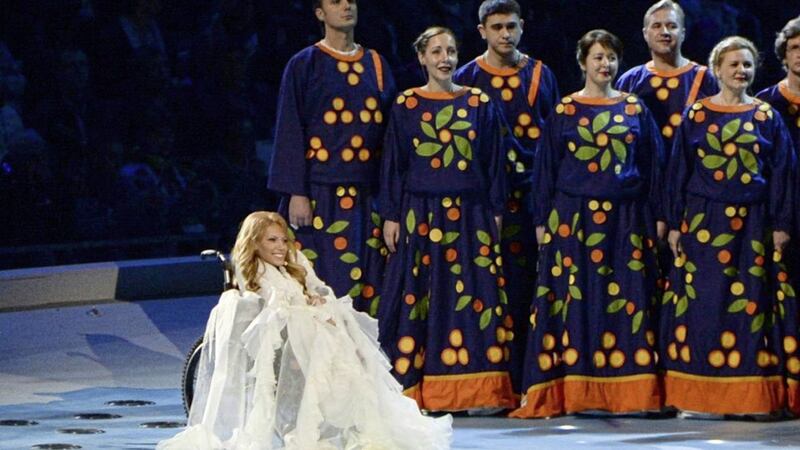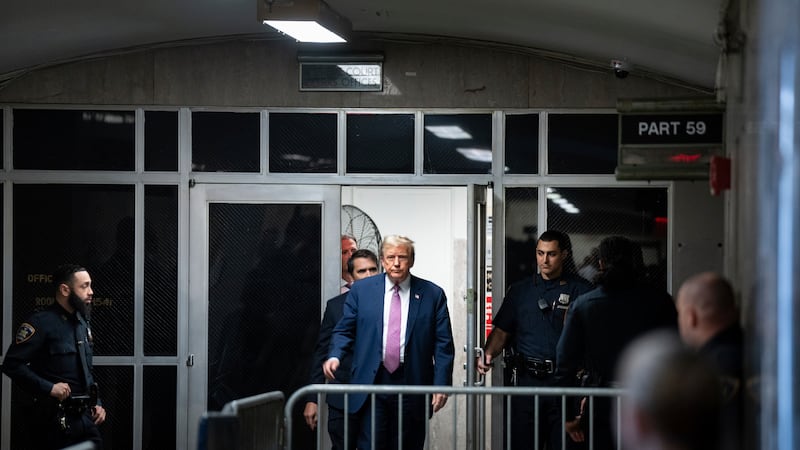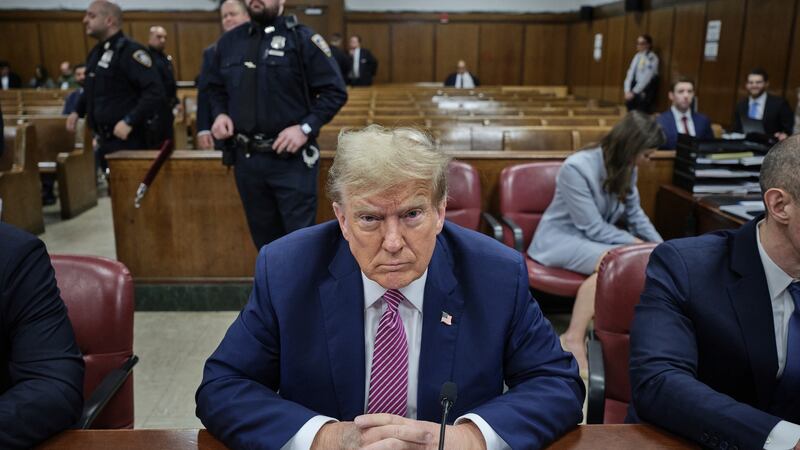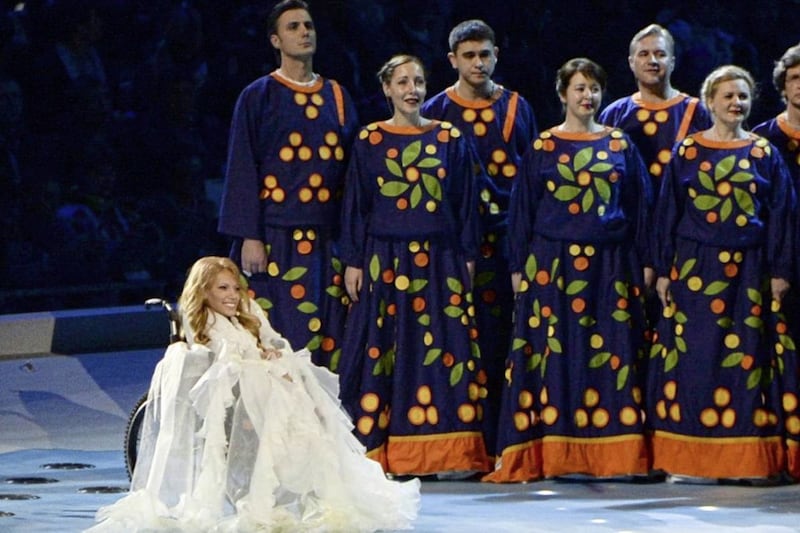Ukraine's security service has banned Russia's contestant from this year's Eurovision song contest because she performed in Crimea.
Russia this month chose 27-year-old singer Yulia Samoylova to represent the country in the May 11-13 contest in Kiev.
But Samoylova has toured in Russia-annexed Crimea without entering it by going through the border with the Ukrainian mainland. Under Ukrainian law, that allows authorities to block her entry into Ukraine.
Ukrainian Security Service spokeswoman Olena Gitlanska said that the service has banned Samoylova from the country for three years "on the basis of information received about her violation of Ukrainian law".
Samoylova, who has been confined to a wheelchair since childhood, sang at the opening of the 2014 Paralympic Games in Sochi, Russia.
"This is yet another openly cynical and inhuman act by the authorities in Kiev," Russia's deputy foreign minister Grigory Karasin told the state news agency Tass.
Tensions between Moscow and Kiev have been high since the 2014 annexation of Crimea and the beginning that year of a Russia-backed separatist insurgency in east Ukraine that has killed nearly 10,000 people.
The Samoylova ban adds fuel to the fire partly because she is disabled.
"The UN Committee on the Rights of Persons with Disabilities should discuss this as it is a violation of the UN Convention on the Rights of Persons with Disabilities," Diana Gurtskaya, a blind singer who represented Georgia at Eurovision in 2008, said.
The European Broadcasting Union (EBU), which organises Eurovision, said that it would negotiate with Ukraine on Samoylova's entry.
"We are deeply disappointed in this decision as we feel it goes against both the spirit of the contest, and the notion of inclusivity that lies at the heart of its values," the EBU said.
Eurovision rules proscribe political song lyrics but the annual contest can carry a strong political message.
In 2005, when the finals were held in Kiev, Ukraine's entry performed a song that had become the unofficial anthem of the Orange Revolution protests that overturned a fraudulent 2004 presidential election.
Ukraine won the right to host this year's final when Crimean Tatar singer Jamala won last year's contest with a song about her ancestors' suffering during the deportations of Soviet dictator Josef Stalin.
Many Russians bristled at the song, which they saw as a tacit criticism of Crimea's annexation.
In 2009, the EBU rejected Georgia's entry, a disco-flavoured song called We Don't Wanna Put In, a barely-veiled criticism of Russian leader Vladimir Putin in the wake of the previous year's short war between Georgia and Russia.



